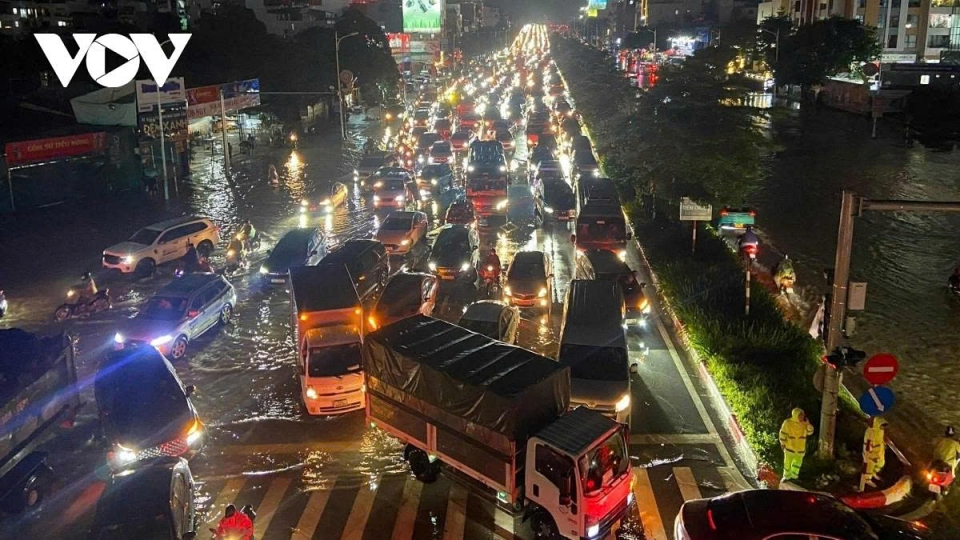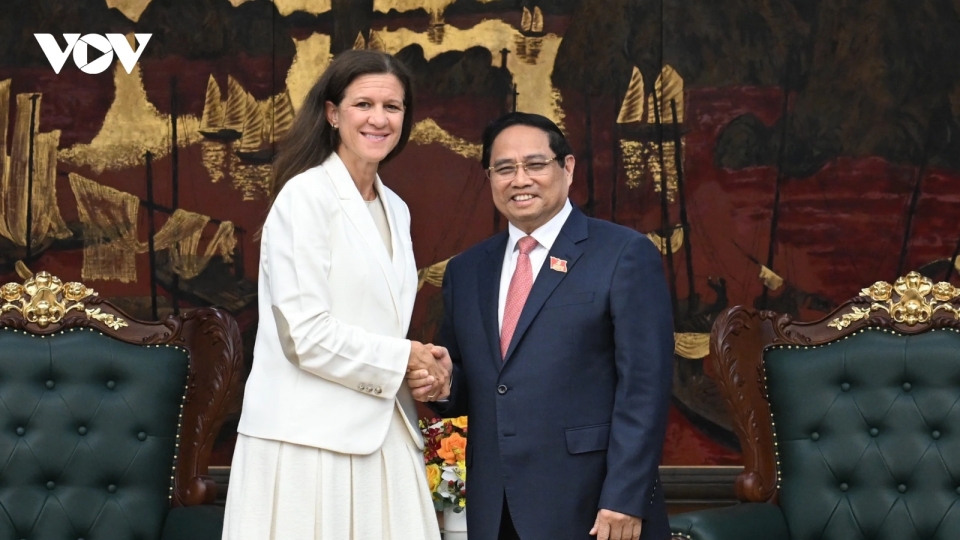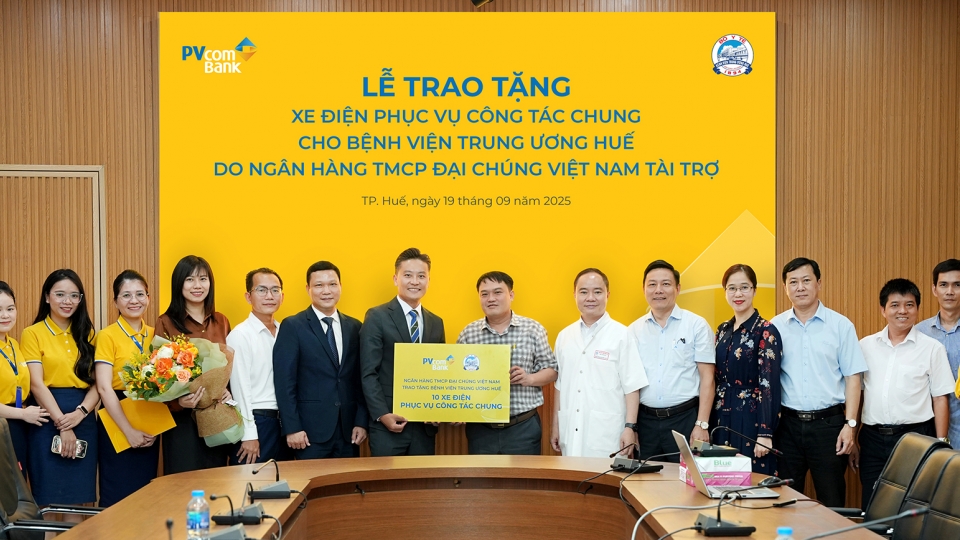Tag: healthcare

Party chief calls for universal free healthcare by 2030–2035
VOV.VN - Party General Secretary To Lam has called for a roadmap to gradually reduce the financial burden of medical expenses on the public, with the goal of achieving universal free hospital care between 2030 and 2035.
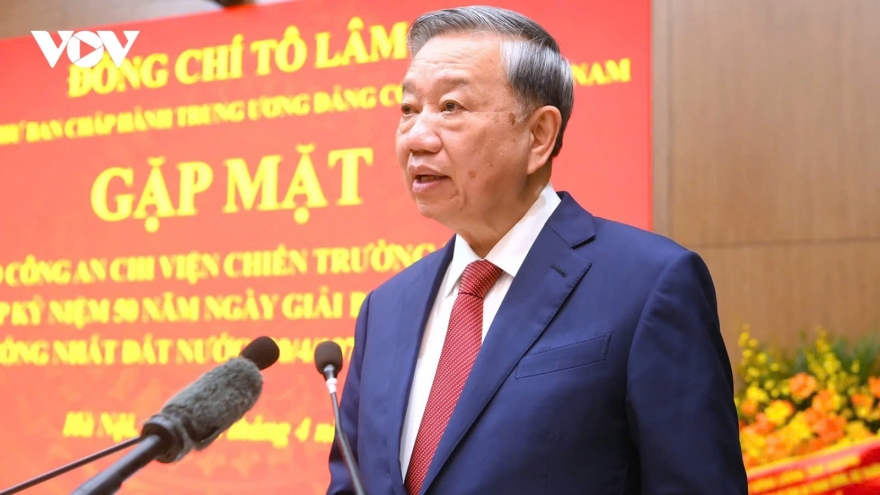
Party leader To Lam advocates for free medical treatment for all
VOV.VN - Party General Secretary To Lam, during a meeting in Hanoi on April 8 underscored the importance of developing the healthcare sector and improving public health, toward the ultimate goal of providing free medical treatment for all citizens.

PM calls for bold policies to drive education, healthcare development
Prime Minister Pham Minh Chinh ordered breakthrough policies to revolutionise the education and healthcare systems while chairing a government meeting with the Ministries of Education and Training, and Health in Hanoi on March 25.
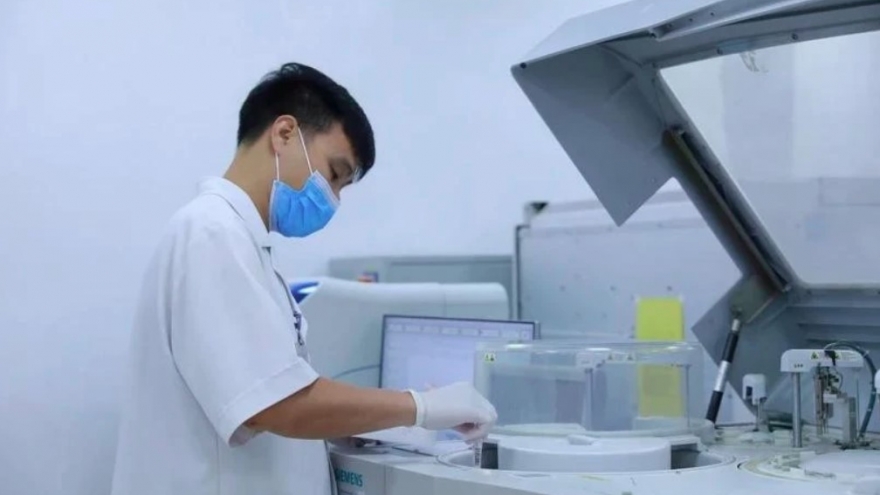
Vietnam - potential market for Korean medical equipment companies
Medical equipment companies from the Republic of Korea (RoK) are considering Vietnam as a promising market, driven by its population of over 100 million, and the medical equipment market growing rapidly along with the booming economy and rising incomes.

City International Hospital officially opens its IVF centre
City International Hospital (CIH) in Ho Chi Minh City on March 1 officially launched its in-vitro fertilisation (IVF) Centre - CIH, offering high-quality and specialised reproductive healthcare services.

First AI-generated film honours healthcare sector
Vietnam’s first AI-generated theatrical film, Ao trang sau dem trang (White blouses after sleepless nights), which pays tribute to the healthcare sector, was introduced to audience by director Pham Vinh Khuong on February 27.
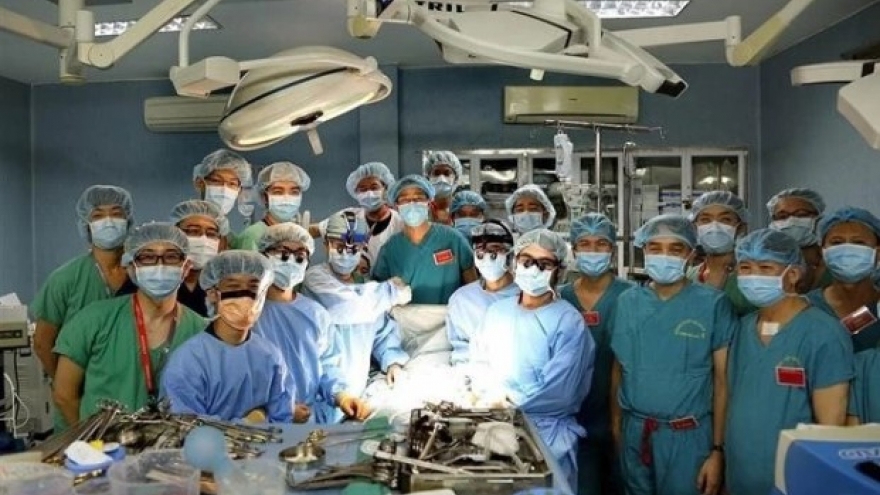
Healthcare sector makes advance in 2024: Minister
The healthcare sector has achieved remarkable milestones in providing medical services in 2024 - the first year the amended Law on Medical Examination and Treatment takes effect, according to Health Minister Dao Hong Lan.
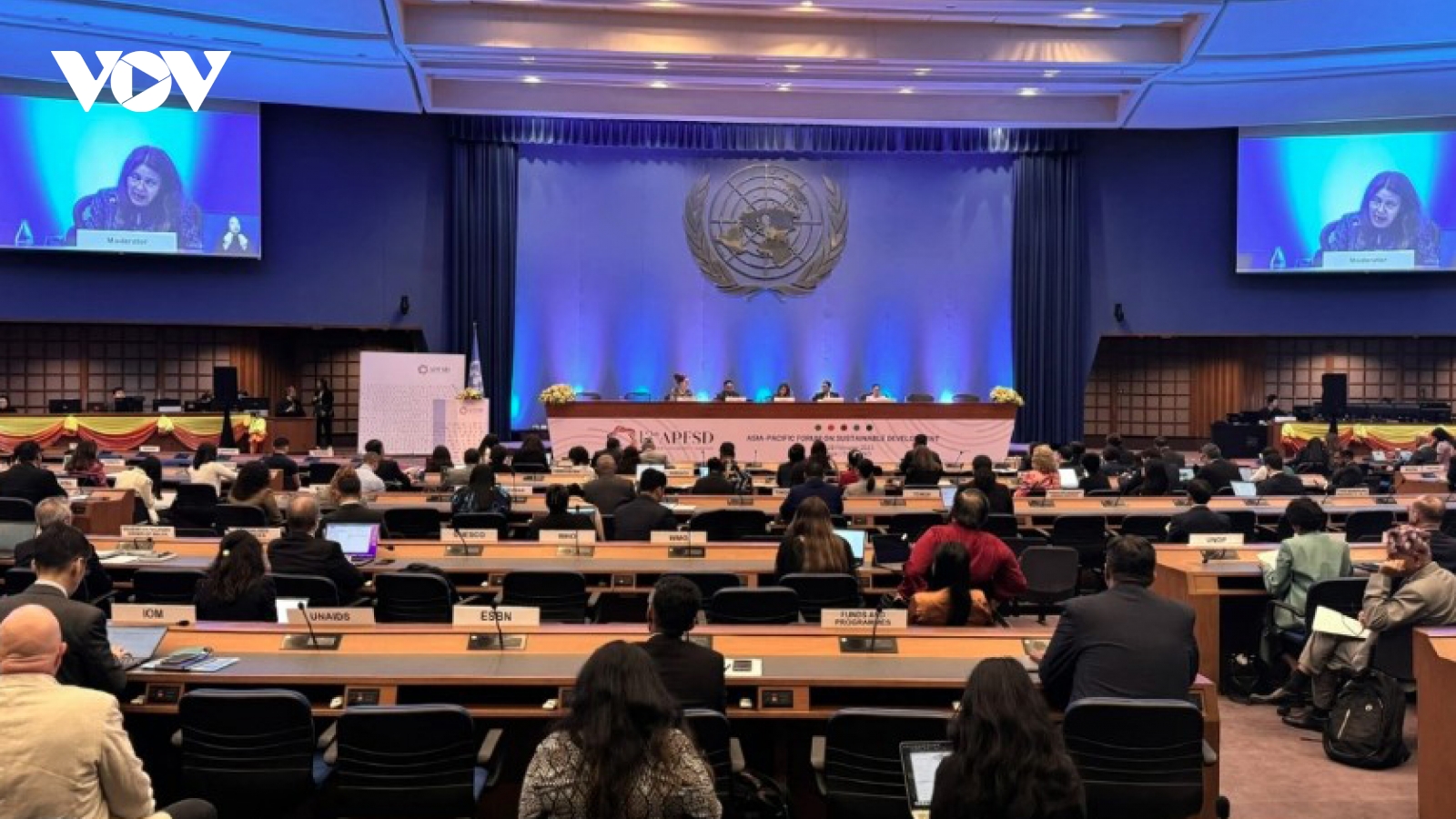
Vietnam records positive progress in SDG implementation
VOV.VN - Vietnam has achieved significant progress in carrying out the Sustainable Development Goals (SDGs), particularly in areas such as maternal and child healthcare, gender equality, job creation, and sustainable growth.
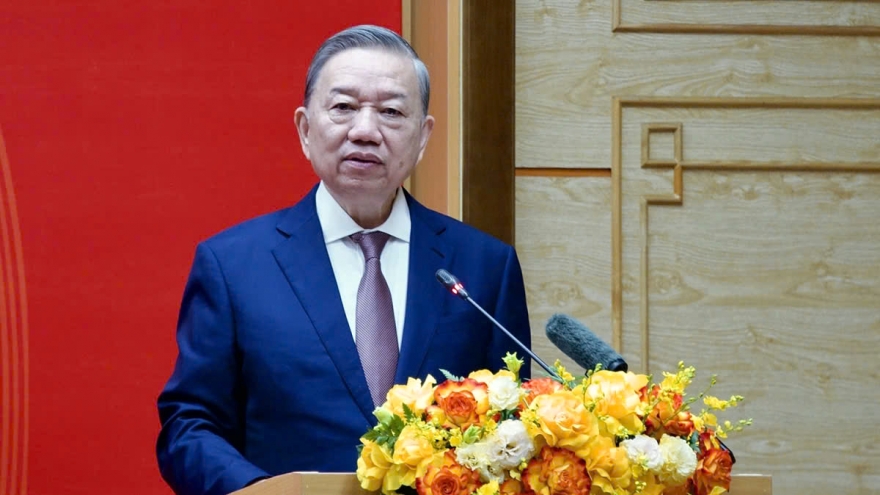
Party leader requests effective healthcare reform to improve service quality
VOV.VN - Party General Secretary To Lam analyzed major challenges facing the healthcare sector and outlined the requirements for its development in the new context, with a primary focus on healthcare reforms, during a meeting with the leadership of the Ministry of Health in Hanoi on February 24.
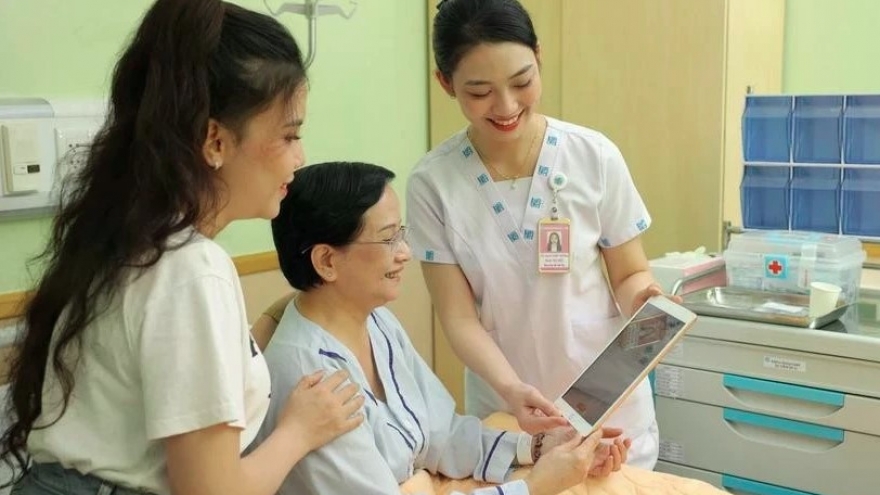
HCM City’s smart healthcare system gradually pays off
Digital transformation in the medical sector of Ho Chi Minh City has been actively promoted, initially helping to modernise the city’s healthcare system and serve people more effectively.

